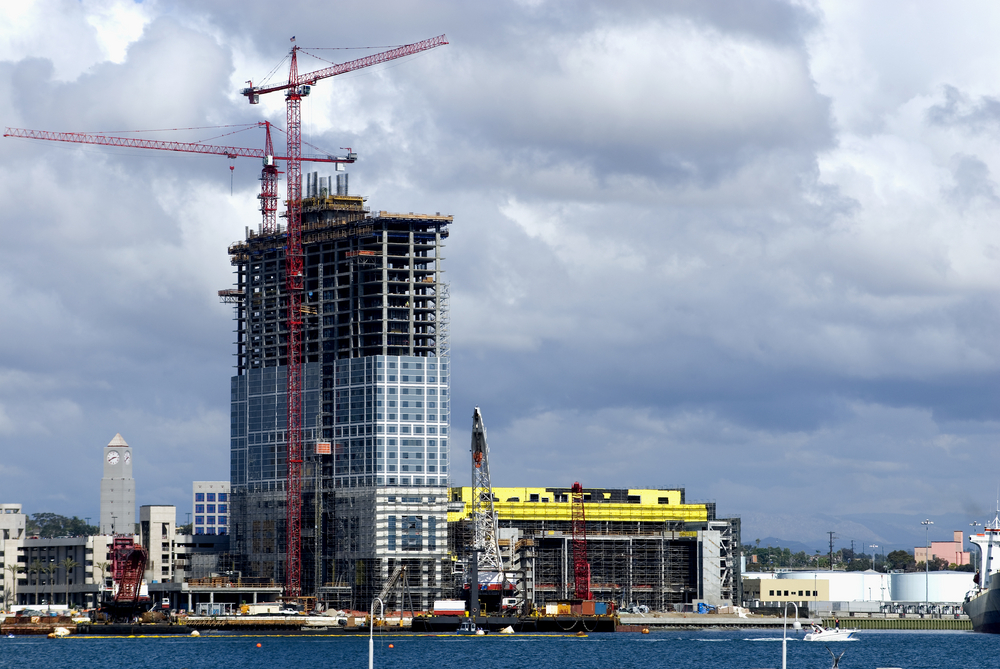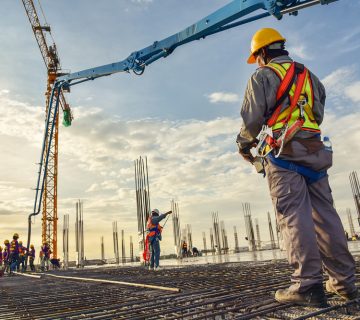Construction delays can lead to significant financial losses, strained relationships, and even legal disputes. For architects, contractors, and developers involved in high-stakes projects, understanding how to prevent these delays is essential. Effective risk management strategies and proactive planning can help mitigate the chances of delays, ensuring smooth project execution and avoiding costly legal issues. This blog explores actionable steps to prevent construction delays and the legal ramifications that can arise from them.
1. Thorough Planning and Project Management
Effective project management begins with thorough planning. Taking the time to create a detailed project plan can significantly reduce the risk of delays.
- Define Clear Objectives: Establish clear goals and objectives for the project, outlining what success looks like. This includes timelines, budgets, and deliverables.
- Develop a Comprehensive Schedule: Create a realistic project schedule that outlines key milestones and deadlines. Consider potential delays and build in buffer time for unforeseen circumstances.
- Assign Responsibilities: Clearly define roles and responsibilities for all team members involved in the project. Ensuring everyone knows their tasks helps streamline communication and reduces the chances of miscommunication.
2. Effective Communication
Open and transparent communication is crucial in preventing delays in construction projects.
- Regular Meetings: Hold regular project meetings to discuss progress, address concerns, and identify potential issues early on. This allows for timely adjustments and ensures that everyone is aligned.
- Utilize Project Management Tools: Leverage technology and project management software to facilitate communication and collaboration among team members. These tools can help track progress, manage tasks, and share important updates in real-time.
- Document Everything: Maintain thorough documentation of all communications, decisions, and changes made during the project. This record-keeping can serve as valuable evidence if disputes arise.
3. Comprehensive Contract Negotiation
Contracts are fundamental in defining the expectations and obligations of all parties involved in a construction project. Properly negotiated contracts can help prevent delays and mitigate legal risks.
- Clearly Define Scope of Work: Ensure that the scope of work is detailed and unambiguous in the contract. Clearly outlining responsibilities can help prevent disputes and misunderstandings.
- Include Timelines and Milestones: Specify timelines and milestones in the contract to hold parties accountable for their performance. This encourages adherence to schedules and helps identify delays early.
- Dispute Resolution Clauses: Include clauses that outline the preferred methods for resolving disputes, such as mediation or arbitration. Having a clear process in place can expedite resolution and prevent lengthy litigation.
4. Addressing Permitting and Regulatory Compliance
Delays often occur due to issues with permits and regulatory compliance. To minimize these risks, architect firms should:
- Research Local Regulations: Understand local zoning laws, building codes, and permit requirements early in the planning phase. Engaging with regulatory agencies can help ensure compliance and avoid potential setbacks.
- Secure Permits in Advance: Start the permitting process as early as possible. Delays in obtaining necessary permits can significantly impact project timelines.
- Stay Updated on Changes: Regulations can change frequently, so it’s essential to stay informed about any updates that may affect your project.
5. Quality Control and Risk Management
Implementing quality control measures throughout the construction process can help identify potential issues before they escalate.
- Regular Inspections: Conduct regular inspections to ensure compliance with design specifications, quality standards, and safety regulations. Early identification of defects allows for timely corrections.
- Develop a Risk Management Plan: Create a risk management plan that identifies potential risks associated with the project and outlines strategies for mitigating those risks. Regularly review and update this plan as needed.
- Engage Experts: Involve subject matter experts in the design and construction processes. Their expertise can help prevent issues that may lead to delays or defects.
6. Flexibility and Adaptability
Despite careful planning, unexpected challenges can arise during construction projects. Being flexible and adaptable can help manage these situations effectively.
- Prepare for Change: Acknowledge that changes may be necessary during the project, whether due to client requests, unforeseen site conditions, or regulatory changes. Having a clear process for managing changes can help minimize disruptions.
- Maintain Open Communication: Keep communication channels open with clients and stakeholders to discuss changes and their potential impact on the project timeline. Collaborative problem-solving can lead to effective solutions.
7. Legal Support
Having access to legal counsel experienced in construction law can be invaluable in preventing delays and addressing issues as they arise.
- Review Contracts and Compliance: Consult with a construction attorney to review contracts and ensure compliance with relevant laws and regulations. Their expertise can help identify potential legal pitfalls.
- Assist in Dispute Resolution: If disputes arise, legal counsel can help facilitate resolution through negotiation, mediation, or arbitration, minimizing the impact on project timelines.
How We Can Help
At Stryker Slev Law Group, we understand the complexities of managing high-value construction projects and the potential legal challenges that can arise. Our experienced attorneys specialize in construction defect and commercial real estate law, providing comprehensive legal support tailored to the needs of architects, contractors, and developers in San Diego, Los Angeles, and Southern California.
Whether you need assistance with contract negotiation, regulatory compliance, risk management strategies, or dispute resolution, we are here to help. Our firm’s extensive knowledge of construction law positions us as a trusted partner for your legal needs.
If you’re looking to prevent construction delays and avoid costly legal issues in your projects, contact Stryker Slev Law Group today. Together, we can build a solid foundation for your success and safeguard your interests in every project.



